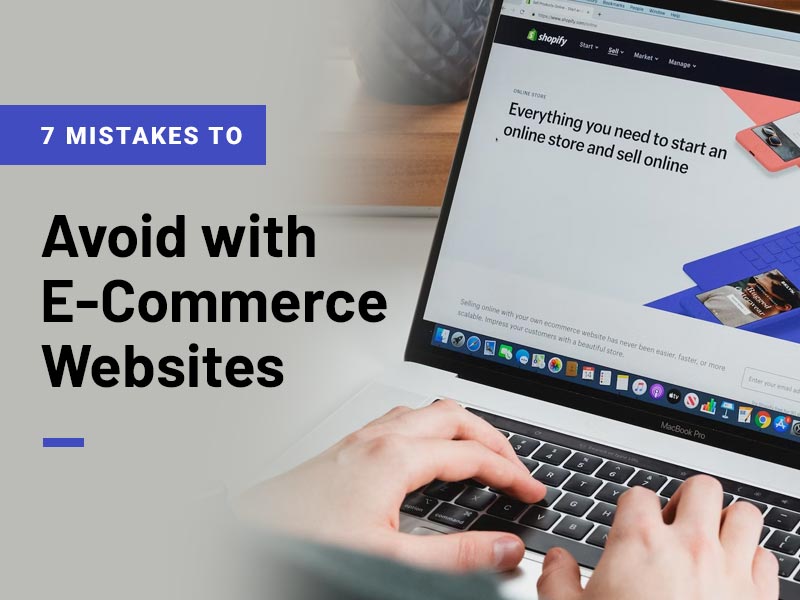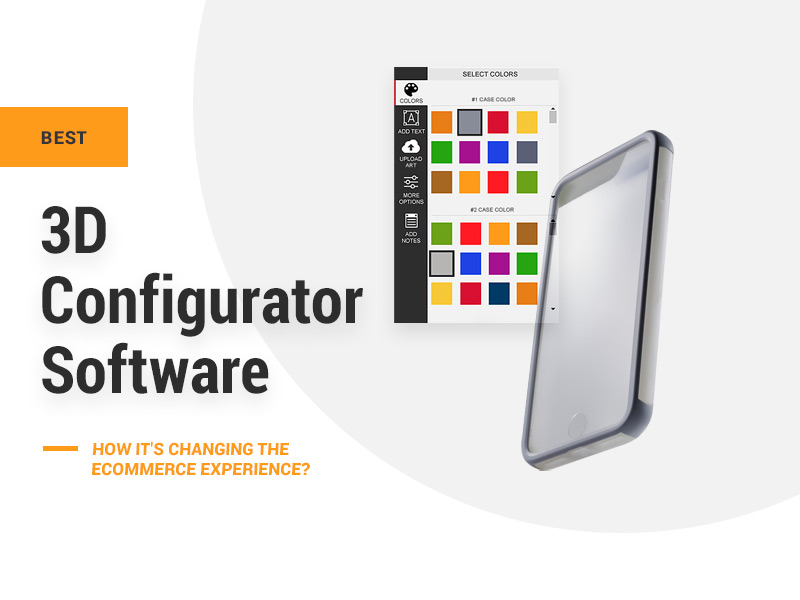So, you’ve set up your website, but it’s still not generating any leads. Did you think setting up a website was enough?
The truth is, in the post-lockdown world where more users are turning to online shopping, the e-commerce industry is simply becoming more competitive. So, if you want to stand out from the ever-growing crowd, you’ve got to make sure you’re not making the top seven mistakes to avoid when it comes to optimizing your e-commerce website for success.
1. Poor Site Layout and Design
If your users are not able to go through your website with ease, you’re not winning. Clear and easy-to-use navigation will make sure that your user can look for things easily and intuitively. Recently stats have shown that the average bounce rate for e-commerce websites is 47%, which means more and more potential customers are leaving after only visiting one page.
It is quite simple, really: if your customers can’t find what they’re looking for quickly and easily, they’ll quickly lose patience and leave. Make sure your menus and categories are intuitive, and that your product pages are easy to locate.
2. Poor Graphics and Logo Design
It should be obvious, but graphics and logo design are crucial elements in building brand identity and establishing trust with potential customers on your ecommerce websites. Low-quality or irrelevant graphics and poorly designed logos can create a negative impression and often make customers untrusting. If your website is not professional looking, you are missing opportunities in repeat customers.
To avoid this mistake, invest in high-quality graphics and logo design that aligns with your brand identity and messaging. You could try an AI online logo generator to help you come up with something that is unique and makes you stand out. A strong logo design can even increase your chances of attracting new customers by 33%!
3. Complicated Checkout Process
Another common mistake: a complicated checkout process. Wouldn’t it be frustrating to know that a customer abandoned their potential purchase at the cart, just because they couldn’t figure out the checkout?
Checkouts need to be seamless and streamlined. If it is too long or too confusing, you lose your customer’s interest.
To avoid this mistake, simplify. Consider offering guest checkout options, minimizing the number of steps required to complete a purchase, and using clear and accurate language throughout the checkout process.
4. Lack of Mobile Optimization
Did you know about 58% of all online visits to ecommerce sites come from smartphones?
You’re losing out if you’re not optimizing your website for mobile. Way too many people buy products they find whilst scrolling through Instagram or TikTok.
Avoiding this mistake is quite simple: make sure your website is fully responsive and optimized for all mobile devices. Test your website on various smartphones and make any necessary adjustments to ensure a seamless mobile user experience.
5. Poor Product Descriptions
One of the biggest mistakes that many e-commerce websites make is providing poor or incomplete product descriptions. And that’s a big no-no!
When it comes to e-commerce sales, product descriptions can often and without exaggeration be the lifeblood of your business and for SEO (search engine optimization). But, here’s the kicker, many e-commerce websites fall short in this area, providing poor or incomplete descriptions that lead to confusion and lost sales.
So, here’s what you need to do to avoid this mistake: invest time and effort in creating detailed and accurate product descriptions. Spice it up with high-quality product images and specifications.
Remember, creating killer product descriptions is essential to driving sales on your e-commerce website. Don’t skimp on this crucial step!
6. Slow Website Speed
Let’s talk about website speed.
Slow loading times are a major turn-off for customers, causing them to abandon their shopping carts and bounce from the site without making a purchase.
To avoid this scenario, it’s crucial to optimize your website’s loading speed. You can achieve this by using a content delivery network (CDN), compressing images, and minimizing the use of scripts and plugins that can slow down your website.
7. Lack of Customer Support
Did you know that 90% customers rate good customer service as a top priority when shopping online?
If you’re not providing quality customer support, you are leaving the uninformed customer hanging and setting yourself up for failure. Tech-savvy and well-informed customers might require help, too!
To avoid this mistake, it’s important to set up customer support that is easily accessible and responsive. Consider offering multiple support channels, including email, phone, and chat support.
Conclusion
In conclusion, e-commerce success requires careful attention to detail and a commitment to providing the best possible user experience. By avoiding these common mistakes and investing in high-quality website design, user experience, product descriptions, customer support, and branding, businesses can create successful e-commerce websites that attract and retain customers and drive sales.







